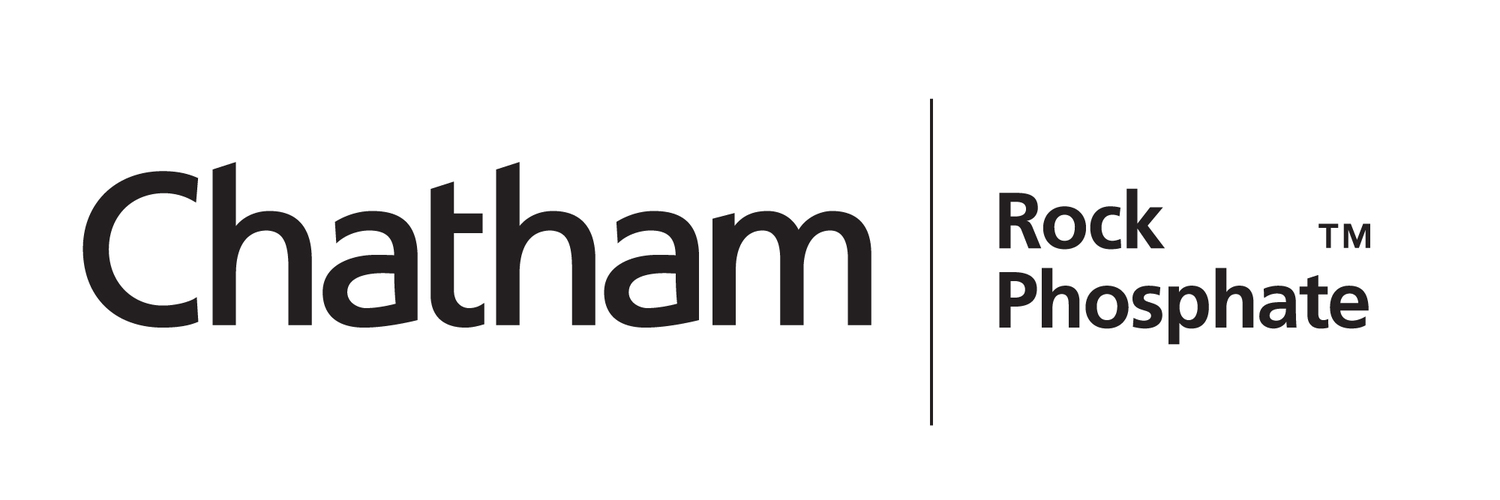Chatham Rock Phosphate goes for second prospecting term
/23 January 2012
Chatham Rock Phosphate has advised New Zealand Petroleum and Minerals that it wishes to proceed with the second term of its prospecting licence.
The four-year licence was granted in February 2010 for two two-year terms.
CRP has met all the conditions of the work programme for the first term of the licence and a range of other activity is now planned with the additional aim of applying for a mining licence well before the end of the second term..
“We’ve achieved a huge amount over the past two years and we want to keep up the momentum so we can progress towards a mining licence as soon as possible,’ Managing Director Chris Castle said.
CRP plans to spend at least $US2 million over the next two years to complete the following:
- Bathymetric mapping and data analysis
- Developing a digital terrain model for mine planning
- Detailed geophysics data processing and analysis
- Sample collection and analysis for exploration, testing by fertiliser companies, the beneficiation study and mining design
- Developing a three-dimensional model of the resource
- Starting mine feasibility studies and conceptual mine planning
- Continuing to develop an understanding of the environment through collection of baseline data
- Updating digital database.
The work programme will be financed from capital raised on New Zealand and international financial markets.
CRP’s share purchase plan is open until Friday 3 February, enabling shareholders to invest up to $15,000.
In addition the company has reactivated planning towards its Initial Public Offering on an overseas stock exchange to raise enough capital to fund the company though the mining system design, engineering development and mine planning and development stages.
Mr Castle said the progress achieved over the past two years demonstrated the determination and enthusiasm of a highly skilled project team with a wealth of technical and commercial experience.
“This project now has significant momentum and has generated a lot of interest among investors, scientists, media and a wide range of stakeholders.”
Among the highlights of work achieved over the past two years were:
- Forming a strong business alliance with engineering design and logistics company Royal Boskalis Westminster
- Commissioning a study (with the support of New Zealand Trade and Enterprise) by Bateman Advanced Technologies and Mintek to assess whether beneficiation (to raise phosphorous and lower calcium carbonate levels) is feasible, thus reducing transport costs and improving processing versatility
- Extensive stakeholder engagement and consultation
- Literature review and data compilation
- Digitising relevant technical data and developing a database
- Underwater radiometric geophysical evaluation
- Sediment sampling
- Environmental baseline data collection
- Current and turbidity sensor data collection
- Environmental planning
About Chatham Rock Phosphate
CRP holds an offshore prospecting permit of 4,726 km2 on the central
Chatham Rise, in New Zealand territorial waters, 450 km east of
Christchurch that includes significant shallow seabed deposits of rock
phosphate.
Establishment of a rock phosphate industry in New Zealand territorial
waters has a significant number of economic, environmental and market
benefits.
The economic benefits include
- Import substitution of up to $300 million annually
- Possible exports to near markets
- Reduced commodity and foreign exchange risk for fertiliser manufacturers and farmers
- Development of a new NZ industry with generation of additional income
- Security of supply (most rock phosphate is imported from North Africa and the Middle East)
The environmental benefits include
- Local product is much lower in cadmium and uranium than imported product
- Much lower carbon footprint than imported product
- As a direct application fertiliser, CRP has less run off than super-phosphate, is applied less frequently, and is a more effective, slower acting product
- Extraction will occur in accordance with International Marine Mining environmental guidelines
The market benefits include
- Much cheaper source than Morocco
- Nominally 25+ years security of supply
- Known extraction costs could enable less volatile price contracts, which will benefit fertiliser companies, farmers and agriculture outputs generally
- Environmental considerations are essential and CRP has an ongoing wide-ranging programme of consultation with fishing, conservation, Maori and other interest groups around these matters.
Chris Castle
Managing Director
021 55 81 85 or chris@widespread.co.nz







 +64 21 5581985
+64 21 5581985 chris@crpl.co.nz
chris@crpl.co.nz PhosphateKing
PhosphateKing